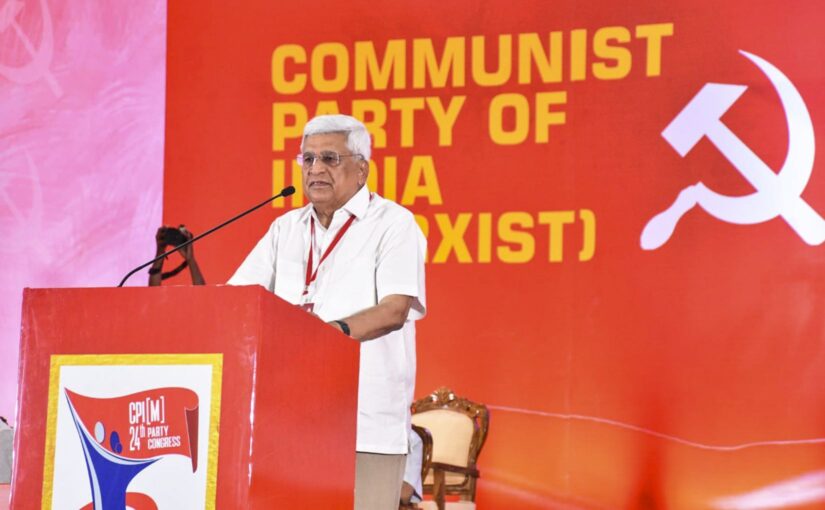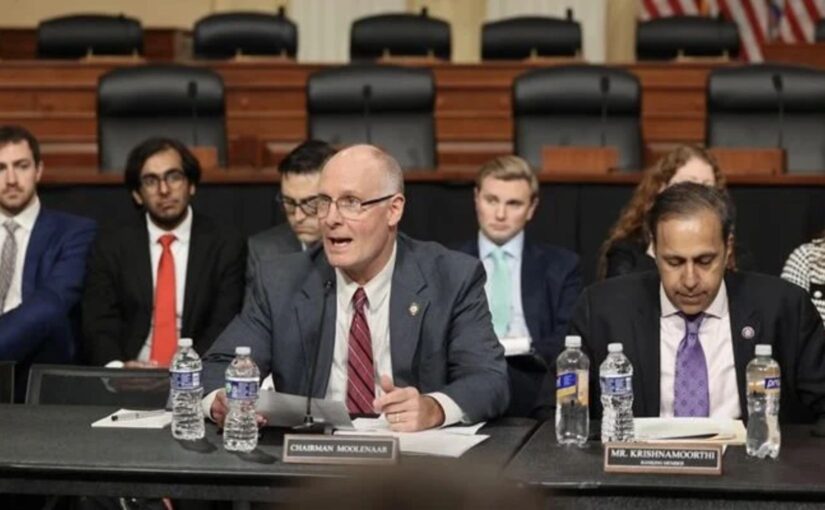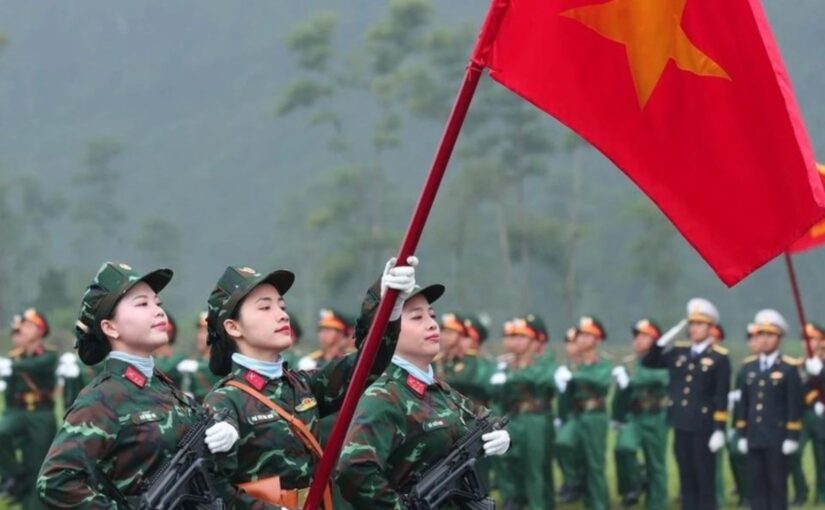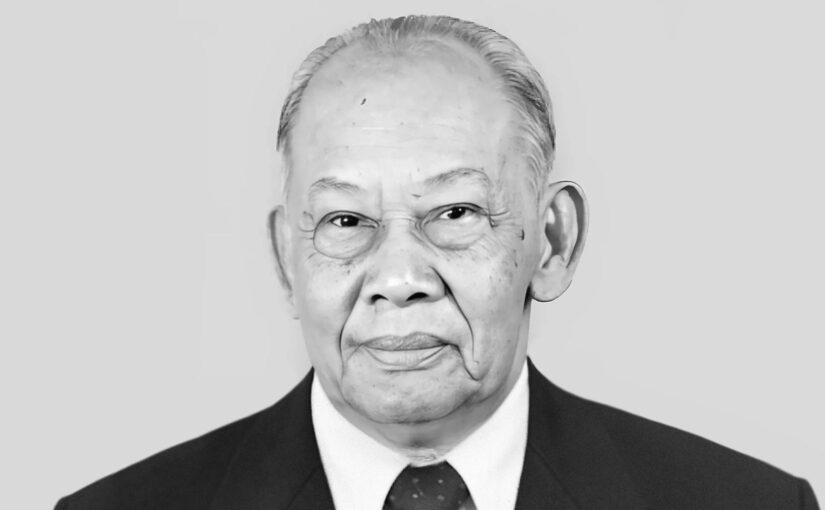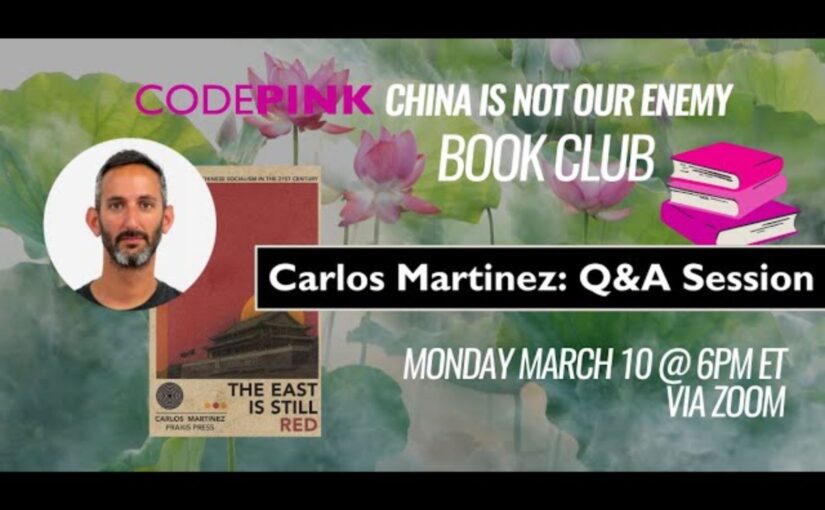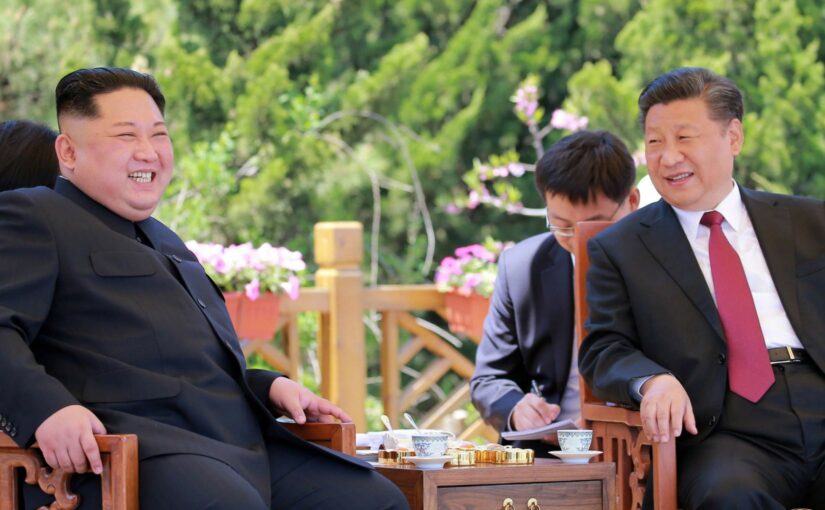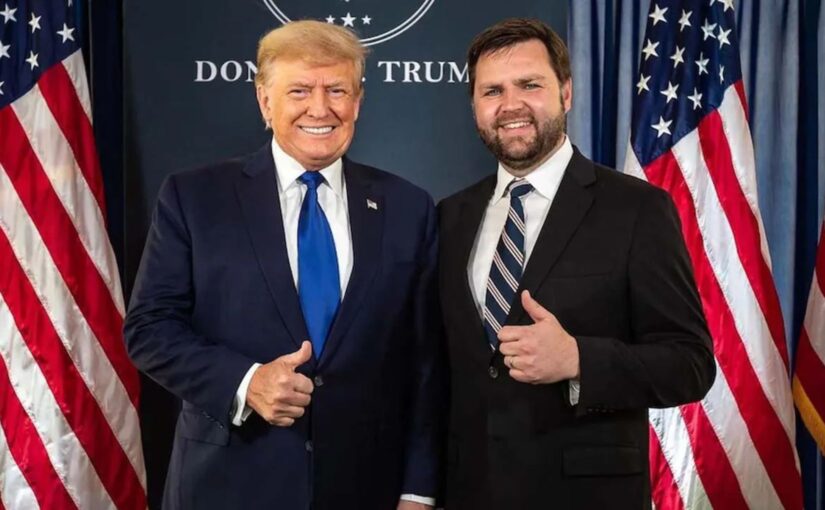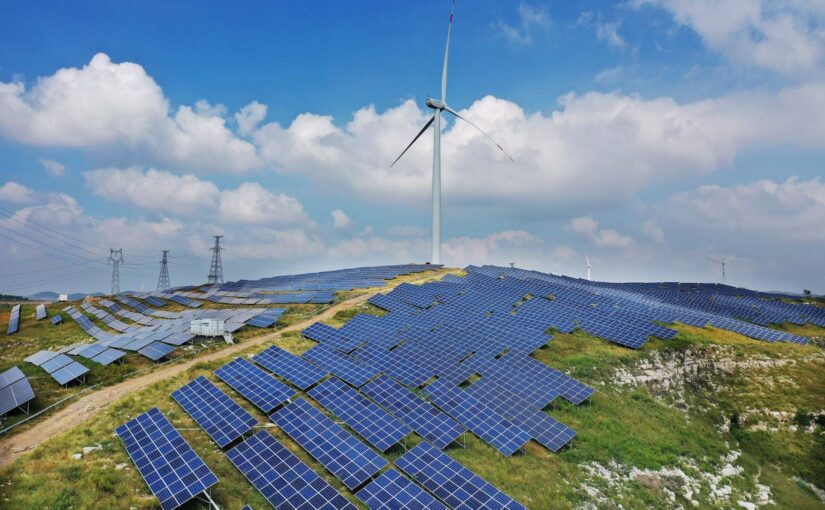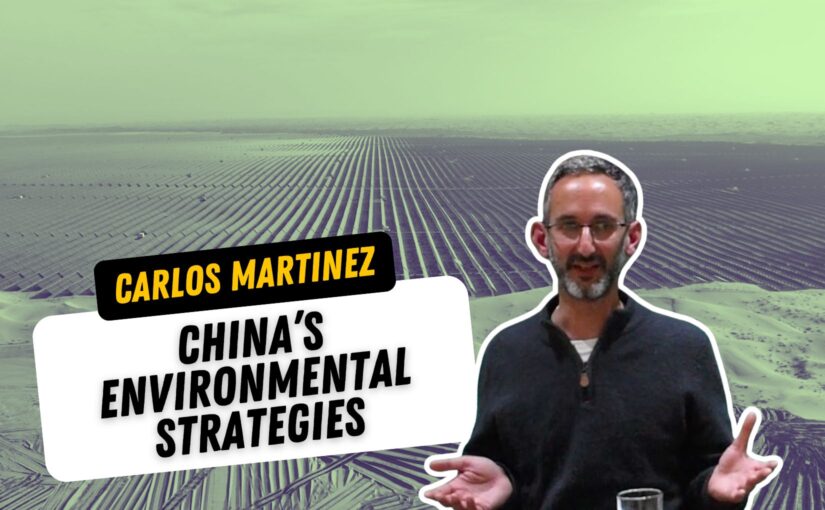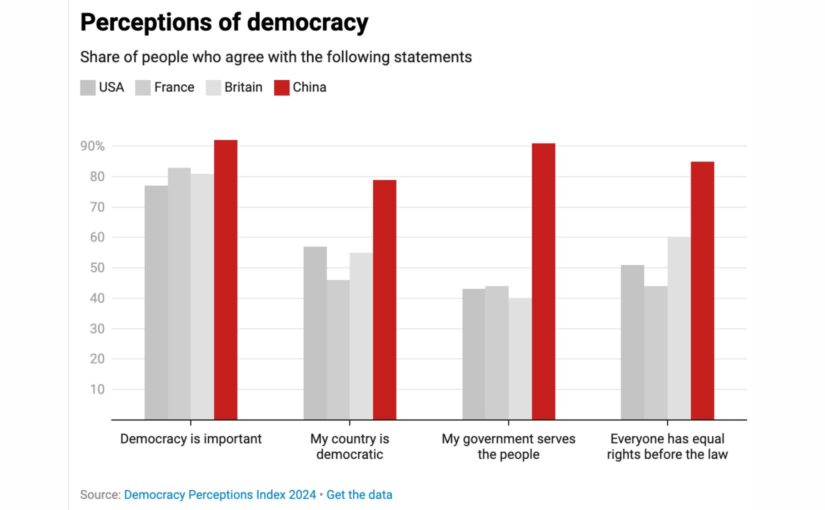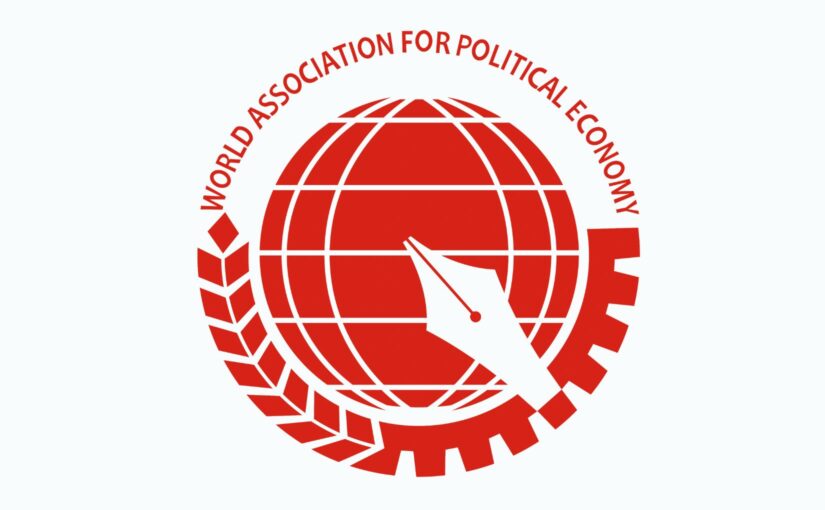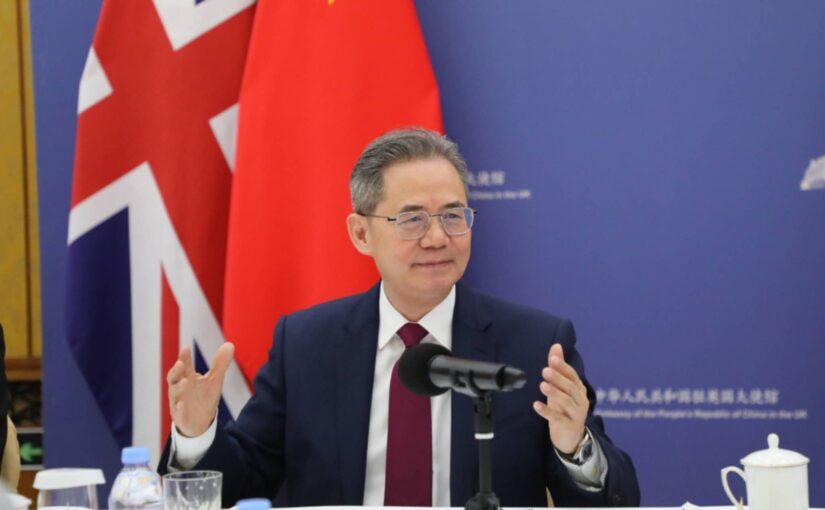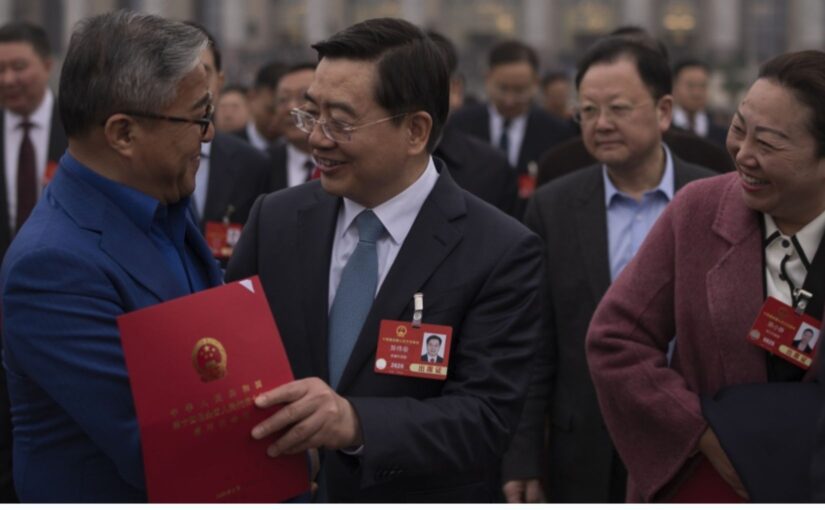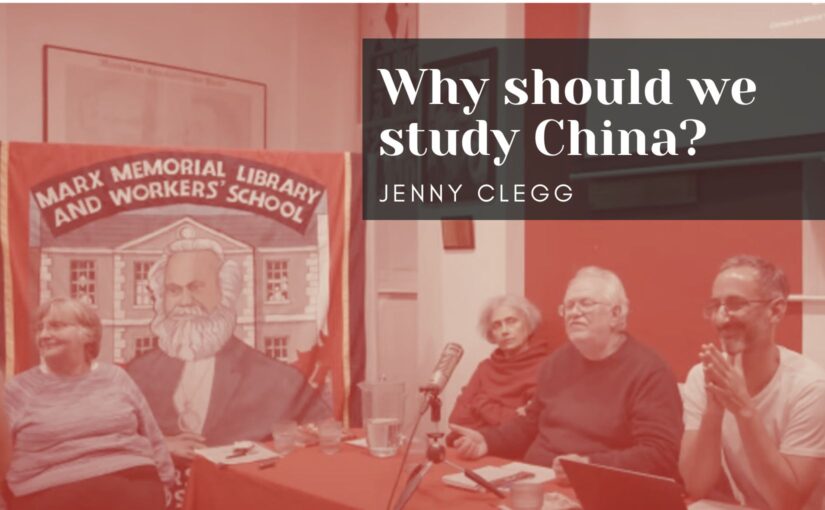The Communist Party of India (Marxist) (CPIM), India’s largest communist party, opened its 24th Congress on April 2, 2025, in the historic Tamil Nadu city of Madurai.
The party’s English language weekly newspaper People’s Democracy carried the text of the messages of greetings from the ruling communist parties in the socialist countries of China, Cuba, Vietnam, the Democratic People’s Republic of Korea (DPRK) and Laos. The party’s website also carried the congratulatory messages received from more than 30 fraternal parties throughout the world.
In its greetings, the International Department of the Central Committee of the Communist Party of China (IDCPC) said that: “As an important Left force in India with a century-long history, the CPI(M) has long been committed to advancing economic and social progress of India. We believe that the Congress will serve as an opportunity for the CPI(M) to achieve new development and make contributions to promoting regional prosperity and progress.
“An improving China-India relationship serves the common interests of both countries and the region. The CPC and the CPI(M) have long maintained friendly exchanges, which has played a significant role for facilitating mutual understanding and practical cooperation between our two sides. Under the new circumstances, the CPC stands ready to strengthen exchanges and strategic communication as well as experience sharing of party and state governance with the CPI(M) and other Indian political parties.”
The opening session of the Congress was also addressed by the leaders of the Communist Party of India, the Communist Party of India (Marxist-Leninist) Liberation, the All-India Forward Bloc and the Revolutionary Socialist Party.
MK Stalin, Chief Minister of Tamil Nadu and leader of the Dravida Munnetra Kazhagam (DMK) party addressed a special seminar at the Congress. Earlier, he had announced the installation of a statue of Karl Marx in the state capital Chennai, in a show of solidarity with the Left. “Half of the DMK flag is red! You are part of us,” he said. “The bond between the Dravidian movement and the communist movement is an ideological friendship. I have come to this conference as a symbol of that bond.”
Stalin recalled how his father and former chief minister M. Karunanidhi identified himself as a communist:
“The relationship between the Dravidian and communist movements began, when Thanthai Periyar translated the Communist Manifesto into Tamil and published it… I, named Stalin, announced in the assembly that a statue of world-renowned genius Karl Marx will be erected in Chennai.”
The following article was originally published in People’s Democracy.
Messages of greetings from fraternal parties
COMMUNIST PARTY OF CHINA (CPC)
18 March 2025, Beijing
Dear Comrades,
Delighted to learn that the Communist Party of India (Marxist) (CPI(M)) will convene its 24th Party Congress, the International Department of the Central Committee of the Communist Party of China (CPC) wishes to extend our warmest congratulations to you and wishes the Congress a complete success.
As an important Left force in India with a century-long history, the CPI(M) has long been committed to advancing economic and social progress of India. We believe that the Congress will serve as an opportunity for the CPI(M) to achieve new development and make contributions to promoting regional prosperity and progress.
The international landscape and world order are now in a new round of transformation. An improving China-India relationship serves the common interests of both countries and the region. The CPC and the CPI(M) have long maintained friendly exchanges, which has played a significant role for facilitating mutual understanding and practical cooperation between our two sides. Under the new circumstances, the CPC stands ready to strengthen exchanges and strategic communication as well as experience sharing of party and state governance with the CPI(M) and other Indian political parties, so as to promote continued progress of China-India relations as well as peace and stability of the region.
International Department
Central Committee
Communist Party of China
Message of Greeting from Communist Party of Cuba
Havana, March 31, 2025
ON behalf of the Central Committee of the Communist Party of Cuba, I extend my warmest congratulations to the Communist Party of India (Marxist) on the occasion of its 24th Congress.
We wish you success at this important Party event and are convinced that the elected leadership will continue the legacy of our beloved Comrade Sitaram Yechury, a dear friend of the Cuban Revolution and staunch defender of just causes.
The Communist Party of Cuba appreciates the ongoing support that the CPI(M) has provided to the struggle against the economic, commercial, and financial blockade imposed by the United States government and against the inclusion of our country on the unilateral list of states that allegedly sponsor terrorism.
At the same time, we reaffirm our firm commitment to continue strengthening the bonds of friendship and cooperation between both Party organisations.
Please accept my highest consideration and esteem.
Emilio Lozada García
Head of the International Relations Department
COMMUNIST PARTY OF VIET NAM (CPV)
Dear comrades,
On the occasion of the 24th Congress of the Communist Party of India (Marxist) convening from April 2 to 6, 2025, the Communist Party of Viet Nam would like to convey warmest congratulations.
Over the past years, the Communist Party of India (Marxist) has always championed for strengthening the solidarity of the Left movement, making many important contributions to the struggle to protect the people’s livelihood, democracy and legitimate rights of the working people and minority communities.
We believe that the important resolutions adopted at the 24th Congress of the Communist Party of India (Marxist) would envision concrete directions and goals to help enhance your Party’s position and influence in the Indian politics, and make positive and significant contributions to the cause of building a peaceful, unified, democratic and prosperous India.
May the 24th Congress of the Communist Party of India (Marxist) be a resounding success.
May the traditional friendship and excellent cooperation between our two Parties, the peoples of Viet Nam and India as well as between the State of Kerala and provinces of Viet Nam be further consolidated and flourish.
With best regards,
The Central Committee
The Communist Party of Viet Nam
WORKERS’ PARTY OF KOREA (DPRK)
Pyongyang, April 2, 2025
24th Congress of the Communist Party of India (Marxist)
Madurai.
The Central Committee of the Workers’ Party of Korea extends its hearty congratulations to the 24th Congress of the Communist Party of India (Marxist) and through the Congress, also sends its warm and comradely greetings to the entire members of your Party.
We believe the 24th Congress of your Party will be an important occasion setting the new milestone in strengthening the Party’s organisational base and mass foundation.
Expressing our conviction that the long-standing friendship and cooperation between our two Parties would further develop in the future, we sincerely wish your Party Congress great success.
Central Committee Workers’ Party of Korea
LAO PEOPLE’S REVOLUTIONARY PARTY
12 March 2025
Dear Comrades,
On the occasion of the 24th Congress of the Communist Party of India (Marxist), on behalf of Lao People’s Revolutionary Party Central Committee, party members and Lao people, we would like to express our warm congratulations and best wishes to the delegates of Congress and through the delegates to party members and the entire Indian people.
The Congress of the Communist Party of India (Marxist) will be held amidst the regional and international situation continuing to be more chaotic and complicated. This Congress is an important political event for the Communist Party of India (Marxist), to usher its unstoppable growth. We are confident that the resolution of the Congress and various important documents adopted by the Congress will give a direction for the Party in the coming years to contribute to the mission of building and developing India and bringing prosperity to the Indian people as well as to continuously raising the role and influence of the party in the political arena in India.
May the 24th Congress of the Communist Party of India (Marxist) gloriously succeed.
May the friendly relations between the Lao People’s Revolutionary Party and the Communist Party of India (Marxist) be further enhanced for the benefit of Lao and Indian peoples as well as for the mission of building peace, friendship and cooperation for development in the region and the world at large.
Lao People’s Revolutionary Party Central Committee
